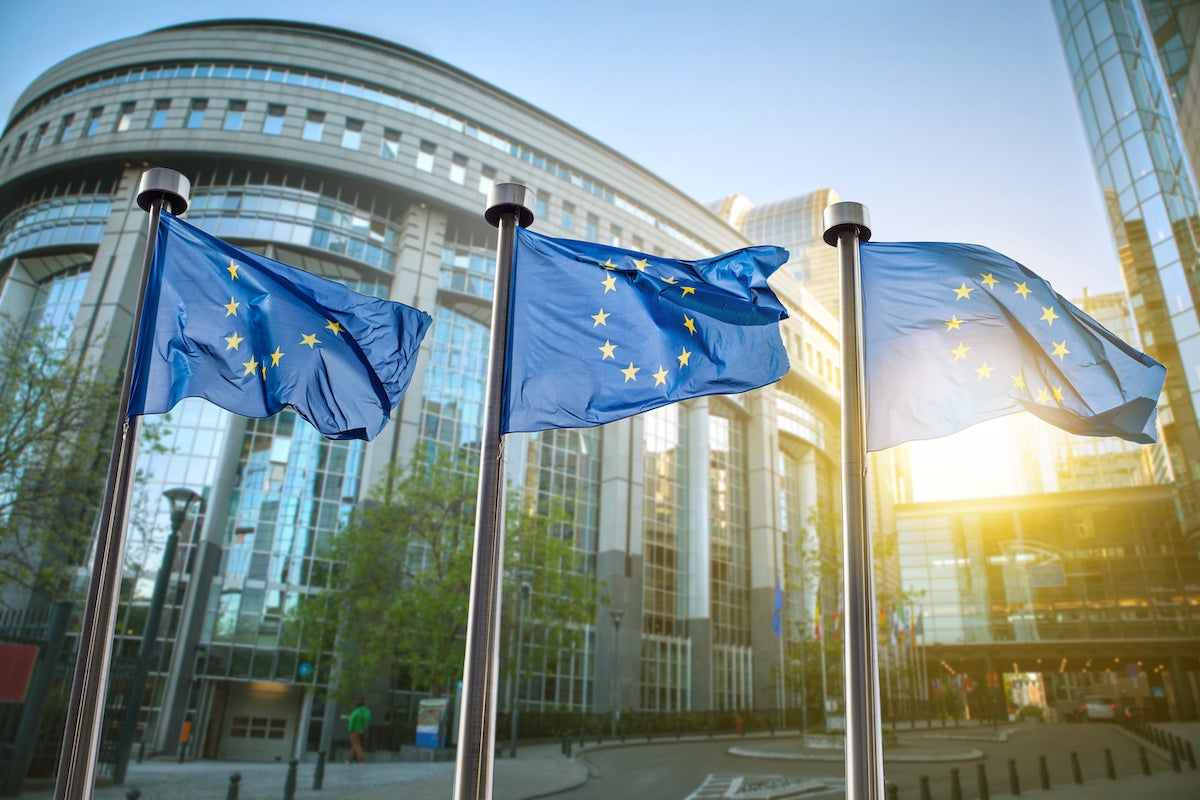Physical Address
304 North Cardinal St.
Dorchester Center, MA 02124
Physical Address
304 North Cardinal St.
Dorchester Center, MA 02124

The European Commission (EC) has come under scrutiny for its use of Microsoft 365, with a key European privacy watchdog finding that it violates several key data protection rules. The European Data Protection Supervisor (EDPS) conducted a three-year investigation, which began in 2021, and found that the EC did not adhere to proper protective measures when transferring people’s personal data from Europe to regions not covered by EU data-protection laws.
One of the main issues highlighted by the EDPS is the lack of clarity in the EC’s contract with Microsoft regarding the collection and purpose of personal data when using Microsoft 365. The contract fails to specify what types of personal data are being collected and for what explicit and specified purposes. This lack of transparency raises concerns about the handling and usage of personal data by the EC.
The violations identified by the EDPS are in direct contravention of Regulation (EU) 2018/1725, the EU’s data protection law for EU institutions. The EC’s use of Microsoft 365 for various processing operations has impacted a large number of individuals, further exacerbating the potential risks to data privacy.
One of the key aspects of data protection is ensuring that personal data is adequately safeguarded when transferred outside the EU/EEA. The EDPS has ordered the EC to suspend all data flows resulting from its use of Microsoft 365, not only to Microsoft but also to its affiliates and sub-processors located in countries without an adequacy agreement with the EC. This decision aims to protect personal data from being mishandled or exposed to data-privacy laws that differ from those of the EU.
The European Commission now faces the challenge of complying with the EDPS’s order and demonstrating that all processing operations resulting from its use of Microsoft 365 are in line with Regulation (EU) 2018/1725. The deadline for compliance is December 9, providing the EC with a limited timeframe to rectify the data-privacy violations.
This case raises broader concerns about the security and privacy of personal data, even when entrusted to government entities. The findings of the EDPS’s investigation highlight the need for robust data protection safeguards and measures, particularly when utilizing cloud-based services like Microsoft 365. It also underscores the importance of continuous enforcement and transparent disclosure to ensure the proper handling and usage of personal data.
Securing data in the digital age is a complex task, especially with the proliferation of cloud-based applications and the involvement of multiple third-party subprocessors. The case of the EC’s use of Microsoft 365 serves as a reminder that data privacy should be a top priority for all organizations, including government bodies, to maintain public trust and protect individuals’ rights.
As the EC grapples with the repercussions of its data-privacy violations, it is crucial for all stakeholders to work together to establish stronger safeguards and ensure compliance with data protection laws. The outcome of this case will have implications not only for the EC but also for other government entities and organizations that handle personal data.
The European Commission’s violations of data-privacy rules in its use of Microsoft 365 have significant implications for data protection and the trust placed in government entities. The findings of the European Data Protection Supervisor’s (EDPS) investigation have shed light on the potential risks faced by individuals and the need for stronger safeguards.
One of the immediate effects of the EC’s data-privacy violations is the suspension of all data flows resulting from its use of Microsoft 365. This suspension not only applies to Microsoft but also extends to its affiliates and sub-processors located in countries without an adequacy agreement with the EC. By halting these data flows, the EC aims to prevent any further mishandling or exposure of personal data to less stringent data-privacy laws.
The EC now faces the challenge of rectifying the identified violations and demonstrating compliance with Regulation (EU) 2018/1725. This task requires the EC to review and revise its practices to ensure that all processing operations resulting from its use of Microsoft 365 align with the EU’s data protection law for EU institutions. The deadline for compliance is December 9, adding urgency to the EC’s efforts to address the data-privacy concerns.
These violations have broader implications for data privacy and the security of personal information. The case of the EC’s use of Microsoft 365 highlights the need for continuous enforcement and transparent disclosure to protect individuals’ rights and maintain public trust. It serves as a reminder that even trusted government entities must prioritize data protection and take appropriate measures to safeguard personal data.
Furthermore, the case raises questions about the security of personal data when transferred via the internet and collected by various entities, including government bodies, social media companies, and online applications. Despite regulatory efforts, securing data once it has been transferred remains a challenging task. The complexity is further amplified when cloud-based applications, such as Microsoft 365, involve multiple third-party subprocessors.
The impact of the EC’s data-privacy violations extends beyond its own operations. It serves as a wake-up call for other government entities and organizations that handle personal data, emphasizing the importance of robust data protection measures and compliance with data protection laws. The outcome of this case will likely influence future practices and policies surrounding data privacy.
Ultimately, the EC’s violations highlight the need for a comprehensive and proactive approach to data protection. It is crucial for organizations to prioritize the security and privacy of personal data, ensuring that individuals’ rights are respected and their information is handled responsibly. By learning from these violations, stakeholders can work together to establish stronger safeguards and build a more secure digital environment.
If you’re wondering where the article came from!
#